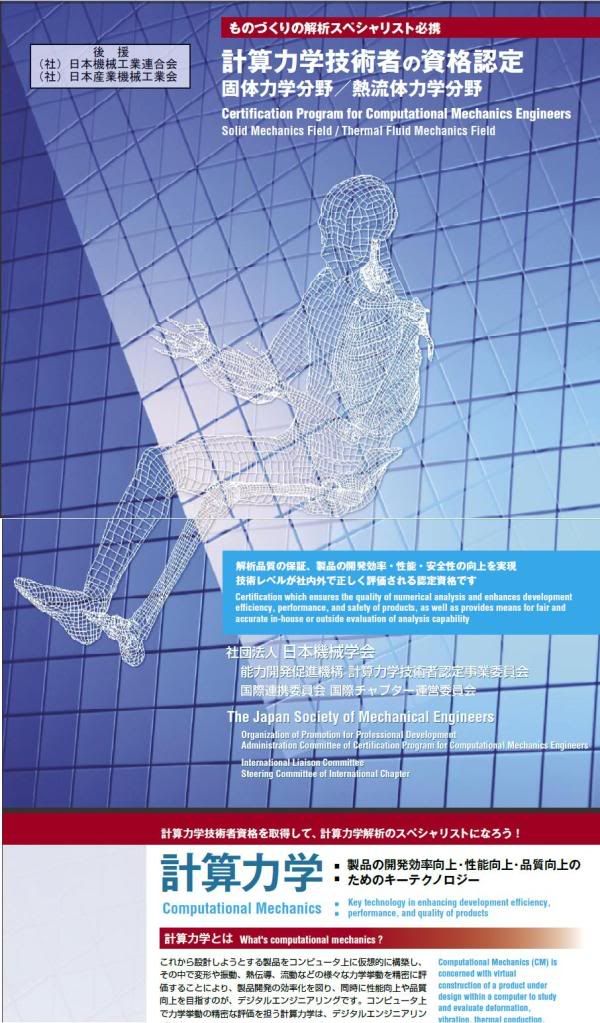kizzozzo wrote:IJN_Akagi> Which words are from Japan-made chinese words in this picture? Can you
point out exactly? It seemed to me you don't have much knowledge about Classical chinese. I recommend you without bibliographical evidence do not say such a thing easily.
秋夕:Korean traditional festival not in Japan
名畵:求<名畫>登蘭竹。
永遠:將以頒諸中外。傳諸<永遠>
最初:若其<最初>發跡之地
唯一:<唯一>面得通於陸
愛情:夫骨肉親愛情之所鐘。
名畵:功<名畫>餠若爲顏。
當當:必於<當當>來世
追憶:卽今<追憶>渾如夢
熱愛:醉顏生<熱愛>松風
書面:見稱爲祖。<書面>稱大父
離別:人間離別始應休
感動:是其<感動>于人者實深以廣
人波:而若使遇三代之<人波>斯之胡而矚之。
抒情:擬作詞以<抒情>兮
(中略…)
Ah... I got a mistake a little
That picture cannot explain many sino-Korean words borrowed from Japanese.
Just like 永遠(Eternity)、愉快(delightfulness)、無敵(Invincible)、未来(Future)、世界(World)…etc...
Those words can be said to be from Classical Chinese(or 古文(kobun)), shared among CJK(中国、日本、韓国)
On the other hand, most of the Sino-vocabulary words to describe things from Western World(西欧世界), are made in Japan, since 19th~20th century.
For Example...
刑法(criminal law), 立憲政治(Constitutional Government), 自動車(Automobile), 資本(Capital(economy term)), 株式会社(joint-stock corporation ), 防空(Anti-Air), 国民(People in the Nation), 積分(Integral(Math)), 関税(Tariff), 駆逐艦(Naval Destroyer)....etc
Maybe many newspaper articles,....
...and this picture can be more better examples

Source: 日本機械学会(Japanese Society of Mechanical Engineers) Homepage
www.jsme.or.jp
Let's see...
機械(Machine)、流体力学(Hydrodynamics)、製品(product)、技術者(technician)、資格(qualification)、認証(certification)、産業(industry)、工業(exploit)、効率(efficiency)、性能(efficiency, performance)、安全性(safety)、社団法人(corporation),
流体力学、社団法人… Those words are hard to be from Classical Chinese, right? Because those conceptions are imported from Western world...
Those words are also included into Korean vocabulary.
Just it's the matter of either 新字体(Simplified Kanji in Japan), or 正字體(traditional hanja in Korea(and Taiwan))... and the matter of pronounciation.
(結論 is... many words to explain conceptions originally created in Eastern world, are from Chinese,
and many words to explain conceptions imported from Western world in modern age, are created by Japan, using Sino-Characters...)



